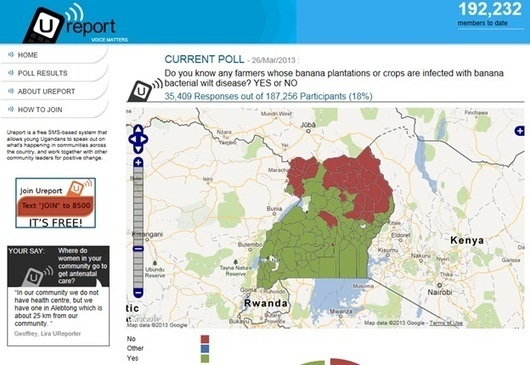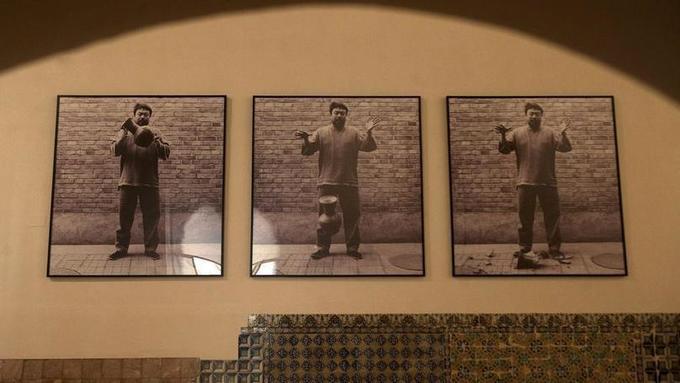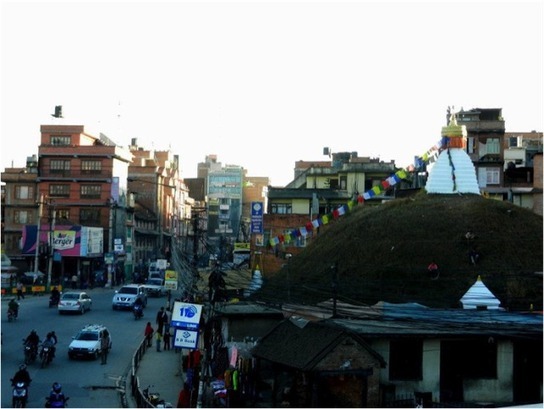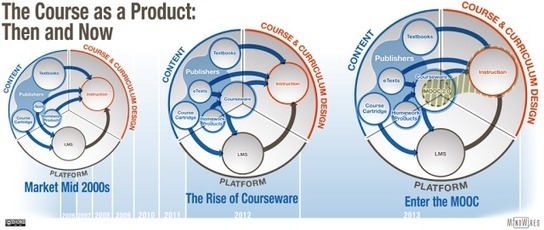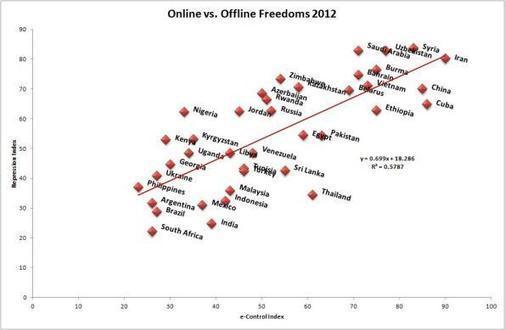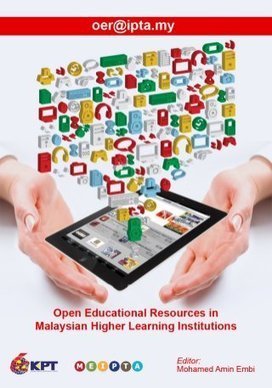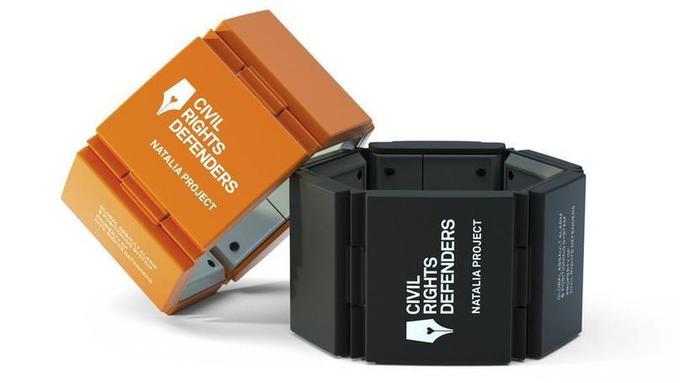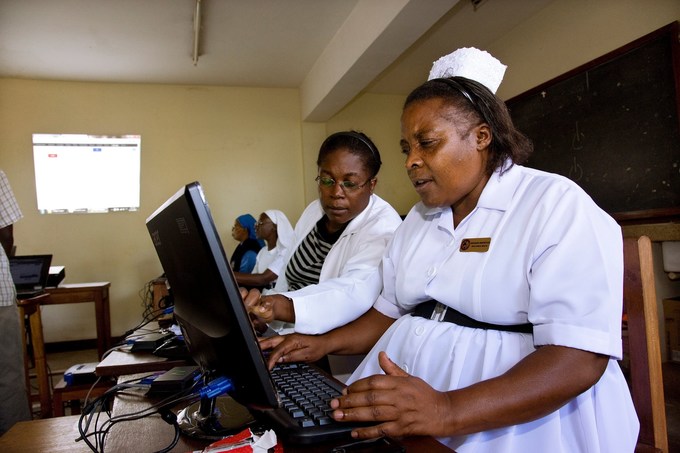
IICD supports doctors and other health workers such as community workers in Africa and Latin America to use computers, mobile phones and other Information and Communication Technologies (ICT) to improve healthcare. This video tells the story of doctor Bon in Tanzania. This doctor works at a health clinic in Nyakato that is now using a Health Management Information System (HMIS) that reduces waiting time for patients and improves the overall efficiency of the clinic. The video also includes other examples and facts and figures about of IICD's effective work in 'ICT for health' in Africa.
Video at: http://youtu.be/3bblK35NbGU

